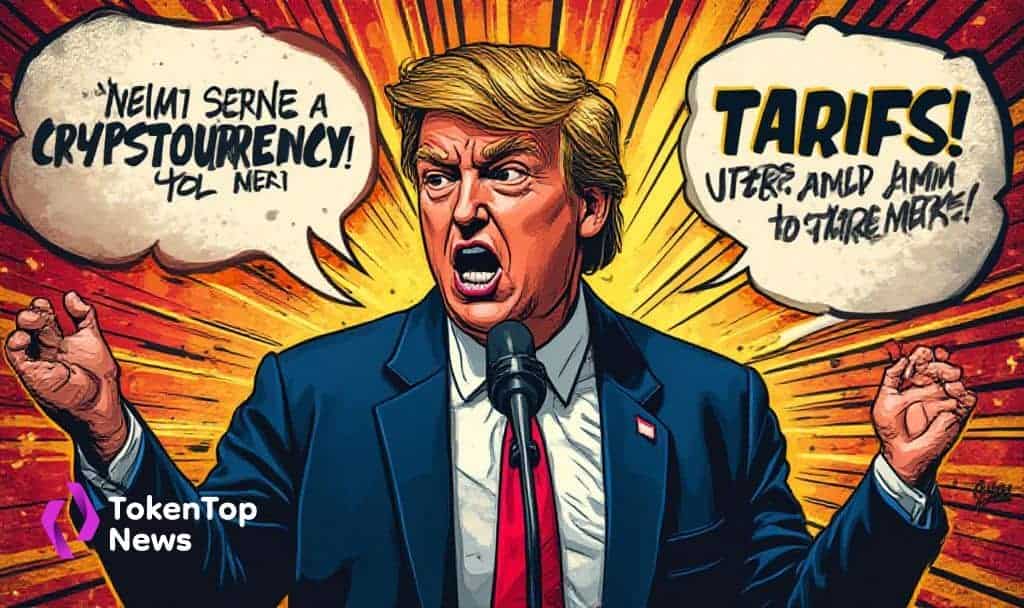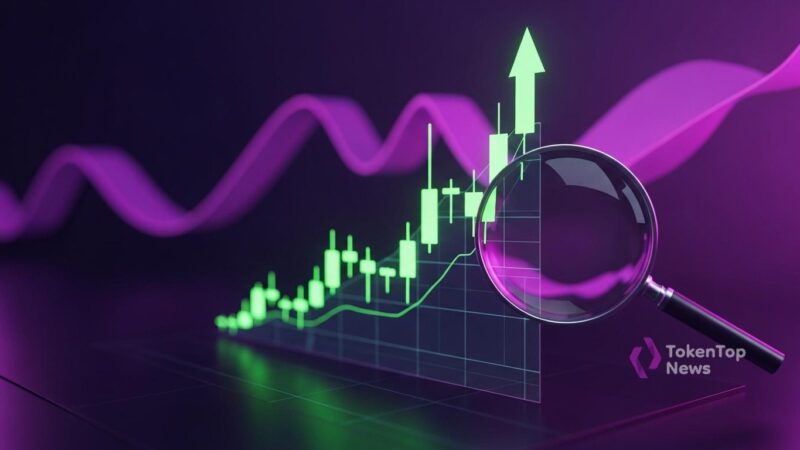Trump Announces Major Cryptocurrency and Tariff Actions
- Donald Trump announces cryptocurrency enterprise and tariff investigations.
- Bitcoin BTC +0.00% and Ethereum ETH +0.00% volatility reported following announcement.
- World Liberty Financial WLFI +0.00% ’s leadership structure and token vesting revealed.

Donald J. Trump announced significant developments involving his family’s cryptocurrency enterprise and new tariff investigations today, with effects on Bitcoin and Ethereum markets noted across the financial sector.
The announcement alters market dynamics, triggering Bitcoin’s 5.4% drop, and influences regulatory actions on digital assets, highlighting Trump’s ongoing impact on crypto economics.
Donald J. Trump made a major announcement today, unveiling plans in the cryptocurrency sphere and initiating new tariff investigations. The move affected market activities and dispensed his influence across financial landscapes swiftly. For more details on the announcement, refer to Trump’s New Cryptocurrency and Tariff Policy Announced.
The Trump family, controlling majority shares in World Liberty Financial, spearheaded these ventures. Donald Trump is listed as a “Co-Founder Emeritus” and stepped aside from executive roles, reshaping perceptions within the cryptocurrency arena. “The United States will no longer allow critical supply chains to be at the mercy of foreign adversaries. Protective measures are essential to our economic resilience,” stated Trump, reflecting on his strategic approach.
The announcement led to immediate volatility in Bitcoin (BTC), which recorded a 5.4% drop. Market fluctuations also impacted Ethereum (ETH), reflecting broader uncertainty in the digital asset sector incited by the new tariffs. Historical parallels include prior Section 232 investigations under Trump’s tenure, prompting similar market responses.
Financial implications arose, notably a $5 billion valuation increase of $WLFI tokens controlled by the Trump family. Yet, these assets remain locked under future vesting schedules, tethering potential liquidity and market response.
Insights from industry analysts suggest potential financial, regulatory, and technological shifts based on today’s actions. Historically, tariff implementations have swayed macroeconomic dynamics, triggering both risk assessments and investment recalibrations globally.



